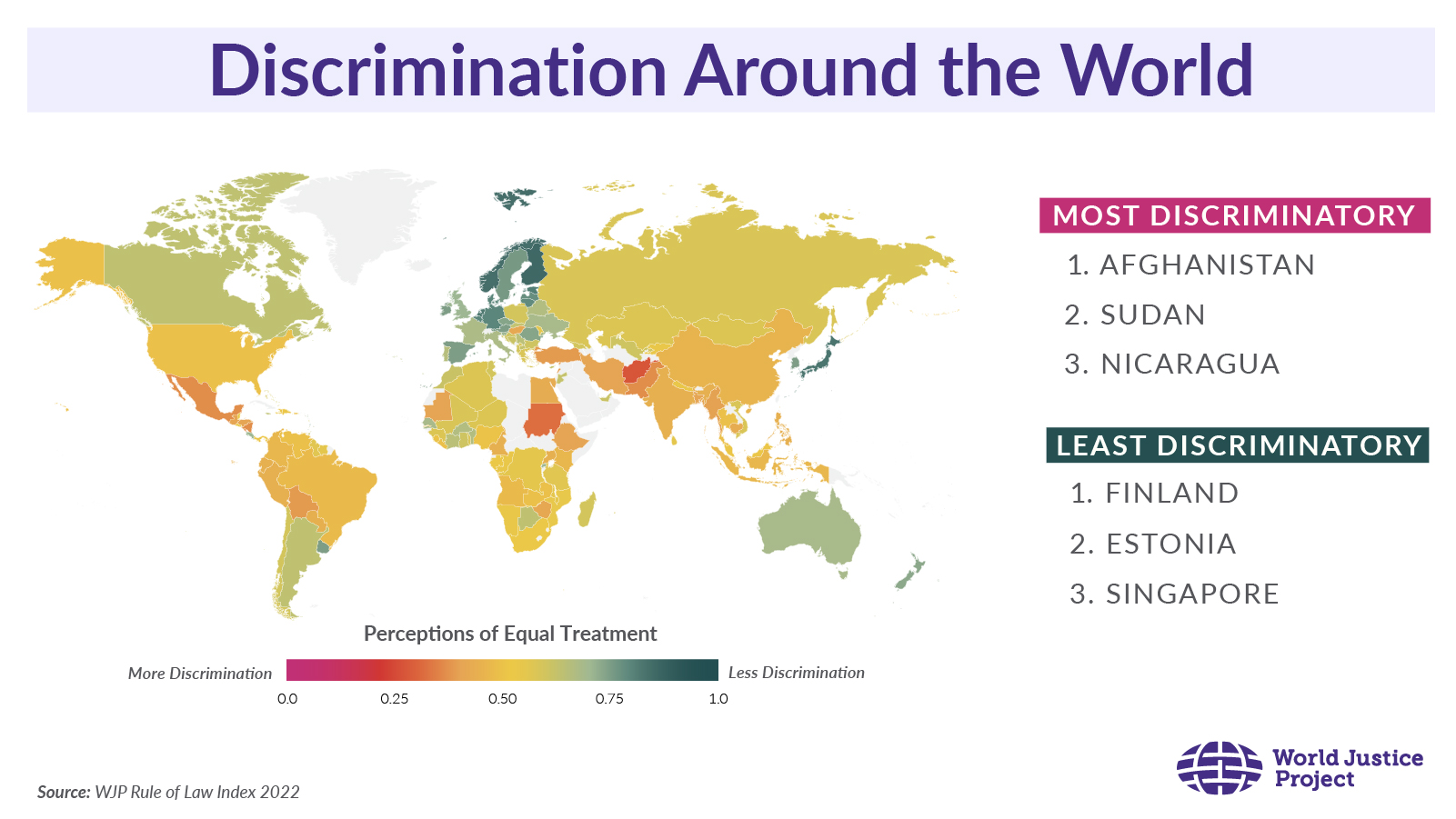You are using an out of date browser. It may not display this or other websites correctly.
You should upgrade or use an alternative browser.
You should upgrade or use an alternative browser.
Phase one
- Thread starter FastLane
- Start date
BartenderElite
Verified User
Bipartisan.
Never thought in 2003 that I'd see conservatives trying to give Democrats "credit" for the Iraq War.
I remember what it was actually like at that time.
Revisionist history on your part. Lot's of Democrats supported the Iraq War.Never thought in 2003 that I'd see conservatives trying to give Democrats "credit" for the Iraq War.
I remember what it was actually like at that time.
When you cry over a bigot you have to lay on your back. Think!Wut?
Never thought in 2003 that I'd see conservatives trying to give Democrats "credit" for the Iraq War. I remember what it was actually like at that time.
The Iraq War Powers Act you're referring to is commonly known as the Authorization for Use of Military Force Against Iraq Resolution of 2002 (Public Law 107-243). Here's how it went:
- In the House of Representatives:
- The vote was 296 in favor and 133 against. Among Democrats, 81 voted in favor, while 126 voted against.
- In the Senate:
- The vote was 77 in favor and 23 against. Among Democrats, 29 voted yes, and 21 voted no.
So, yes, a number of Democrats did vote for the Iraq War Powers Act.
@Grok
A slight disagreement, Christie. Bigotry seems to be alleviated by education and social progress.People being bigots never changes, in my experience.
Progress, IMO, being apolitical and defined as the ability of citizens to be happy, free and independent. Fareed Zakaria has written about democracy AKA "free to be happy and independent" as requiring a minimum relative income**. When people are starving or suffering from the elements, they are NOT thinking about the freedom to vote for their rights. They are thinking about their survival and the survival of those they love.
In psychology, this is often modeled by Abraham Maslow's Hierarchy of Needs. https://www.simplypsychology.org/maslow.html
Back to bigotry. IMO, most is produced but uneducated and/or fearful people. If they are in need, they can blame themselves if opportunities exist, but if those opportunities don't exist, they start looking around for others to blame. Blaming neighbors is easy...especially if they have a different skin-tone, a "funny" accent and, of course, seem happier than themselves.
It's a complex issue which, I believe, is being explored as human beings progress as a species.

Discrimination is Getting Worse Globally
<p>Discrimination is widespread and getting worse around the world, according to World Justice Project data. </p> <p>The latest edition of the <em>World Justice Project (WJP) Rule of Law Index</em>—the world’s leading, independent source of rule of law data—finds that 70% of countries have seen...

**Example of income: in American, food is cheap. We produce so much food most of us should go on a diet. Back in 2008(?) when GW signed the turn corn-into-biodiesel bill* the price of corn shot up and human beings in poor countries were threatened with starvation.
:max_bytes(150000):strip_icc()/cornshutterstock_472266655-5c531a3846e0fb000167cecc.jpg)
The World's 6 Biggest Corn Producers
The U.S. remains the king of corn, followed by China and Brazil. Producers around the world grow plenty of this versatile crop for domestic use and export.
According to the United States Department of Agriculture's (USDA) "World Agricultural Supply and Demand Estimates" report, nations worldwide are projected to produce 1,225.45 million metric tons of corn for the 2023-2024 season and 1,220.54 million metric tons for the 2024-2025 season....
1. United States
The U.S. is by far the world's largest producer of corn, with a 2022-2023 production of 346.74 million metric tons. The estimate for 2023-2024 is 389.69 million metric tons.2The acreage dedicated to planting corn changes from season to season, but in all about 90 million acres of American land are planted with corn each production year. While the nation is an exporter of corn, most corn produced is used for domestic consumption as livestock feed and ethanol production. About 12% was exported in the 2022-2023 season.3
2. China
China's 2022-2023 corn production was 277.20 million metric tons. For 2023-2024 the production estimate is 288.84 million metric tons.2 Its corn is used almost exclusively domestically.Corn is considered a multipurpose agricultural crop around the globe. It is used in consumer items, industrial products, biofuels, as a sweetener in many processed foods, and it's the main ingredient in corn oil, corn starch, and corn syrup. It's also used to create ethanol fuel, and even the cobs have industrial uses due to their absorbent qualities.
*I forget the exact name
On the Netscape message boards just believing that invading Iraq was a dumb ass idea, was considered the same as collaborating with Al Qaeda in the eyes of rightwingers.
Heh, I was also on that board. You're right. Anti-war ppl were traitors who should self-deport immediately. I wonder how many of them still believe that?
When you cry over a bigot you have to lay on your back. Think!
We see that the "doctor" got into the Pyxis again.
That is not remotely what happened.And Biden and Blinken have tried multiple times to reach a deal over the past 467 days. They got nothing until Trump threatened Hamas and their supporters.
IBDaMann
Well-known member
Never forget that the UN Security Council unanimously approved everything that qualified as "serious consequences," of which military invasion certainly qualifies, to be used against Iraq if UN inspections were hindered in any way.The Iraq War Powers Act you're referring to is commonly known as the Authorization for Use of Military Force Against Iraq Resolution of 2002 (Public Law 107-243). Here's how it went:
- In the House of Representatives:
- The vote was 296 in favor and 133 against. Among Democrats, 81 voted in favor, while 126 voted against.
- In the Senate:
- The vote was 77 in favor and 23 against. Among Democrats, 29 voted yes, and 21 voted no.
So, yes, a number of Democrats did vote for the Iraq War Powers Act.
@Grok
Matt Dillon
Retardium User
Here lazy Google is your friend.
Well, it looks like you're pretty much an assclown.Well it looks like the search isn't working right. but if you do a search of Trumps offical agreement with the Taliban it comes up for me.
Try it.

Owait, here it is, where it has been since 2020.

And where I read it in 2021.


